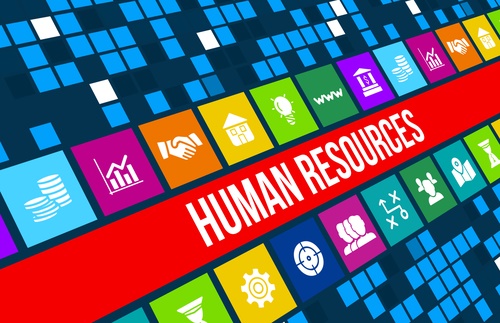-
HR Isn’t Just About HR
- Posted on May 9, 2016
- by Lisa Sperow
- in HR
- No Comments.
 If you ask the average person to describe the role of an HR professional, you’re likely to get a laundry list of duties typically associated with the position:
If you ask the average person to describe the role of an HR professional, you’re likely to get a laundry list of duties typically associated with the position:- Hiring
- Firing
- Processing enrollments for benefits plans
- Evaluating compensation plans
- Managing performance appraisals
- Handling employee grievances
- Dealing with whatever people “issues” arise from day to day
But is that how HR professionals would describe themselves?
Today’s HR professionals know that HR isn’t “just” about HR and the traditional tasks that people associate with their roles. While those functions we listed are certainly still under the HR umbrella, the HR role has undergone a transformation from more of an administrative position to being a truly strategic partner within the organization.
Effective HR Managers have to know so much more than “just” HR… they have to understand the business that they’re in. Not only do they need to understand their company and their industry, but they must also have an understanding of the other disciplines and roles they’re working with. The Society for Human Resource Management (SHRM) calls it business acumen, and they list it as one of the top nine core competencies for HR professionals today.
To be the most effective partners, HR pros must be able to communicate in the language of the business. How does what they are doing impact the bottom line? How can they best support the various departments (sales, marketing, manufacturing, finance, etc.) if they don’t understand the core elements of what those departments do and the value that they bring to the organization?
HR pros are getting out of their HR boxes and proving that they are more than “just” a list of HR task masters! For an example of an HR professional who gets it, check out our LinkedIn Pulse article, Why Is That HR Guy Always at Our Sales Meetings?
Monthly News & Promotions
Article Categories
- Assessments
- Blog
- Career Planning
- Creating High Performing Sales Reps
- Employee Engagement
- Hiring
- HR
- Leadership
- Mid Career Transitions
- Our Featured Guest Blogs
- Talent Management
Recent Posts
- 10 Questions: Does Your Work Reflect Who You Are?
- 3 Ways to Improve the Recruiter / Hiring Manager Partnership
- Hiring Excellence: 5 Ways to Improve Your Interview Process
- THAT Kind of Job Doesn’t Exist!
- HR Isn’t Just About HR
HR Inspiration for the Day:
"If we were good at everything, we'd have no need for each other."
-Simon Sinek




 We are committed to helping companies hire the right people for the right positions, and then helping them train, coach, and develop those employees to their highest potential.
We are committed to helping companies hire the right people for the right positions, and then helping them train, coach, and develop those employees to their highest potential.